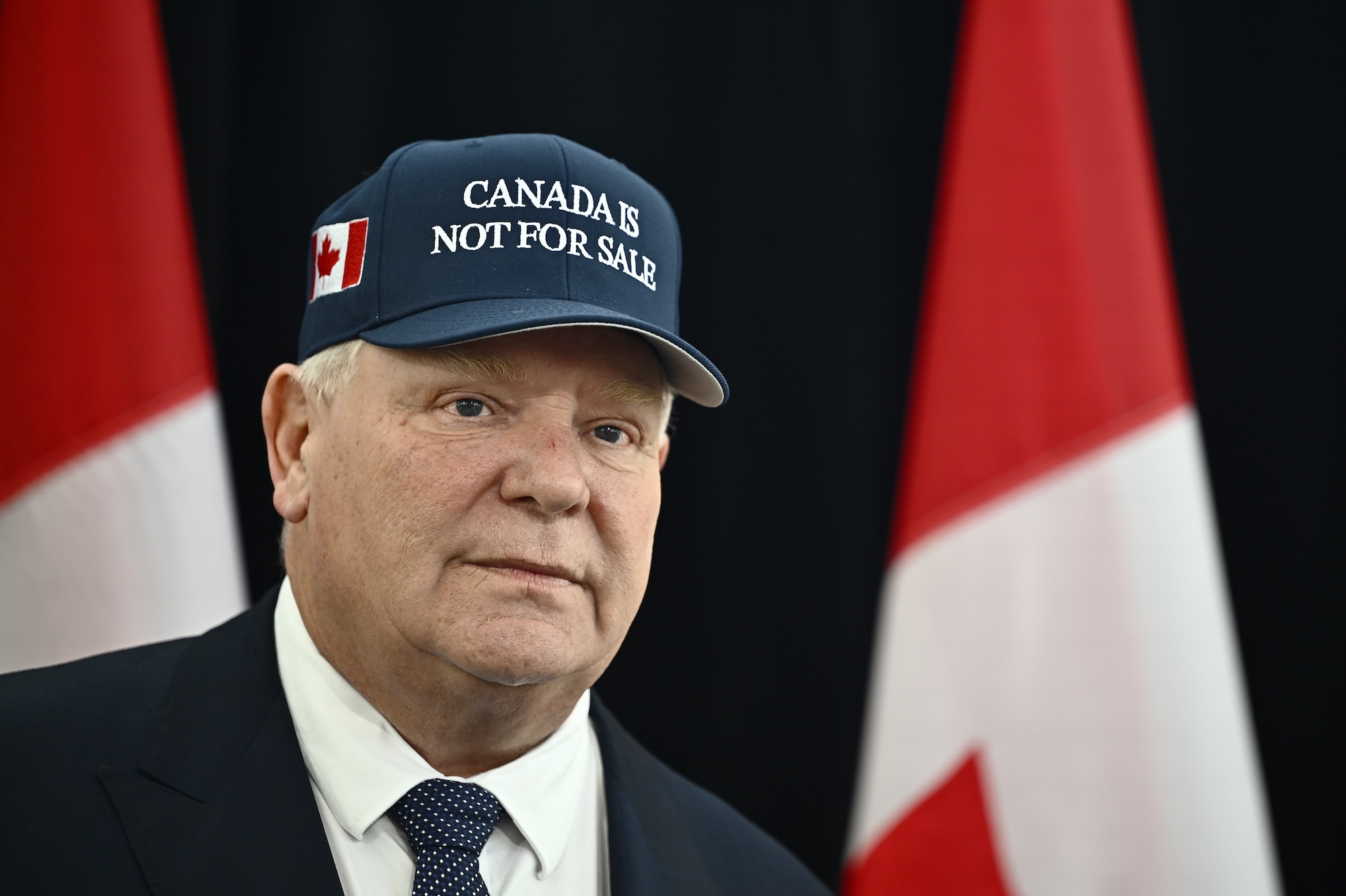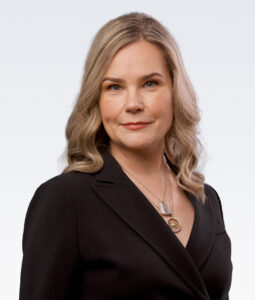Last week, Premier Doug Ford informed reporters that he would take the province to the polls with the campaign starting on January 29th. On the afternoon of January 28th, Ford met with the Lieutenant Governor to formally request the commencement of the provincial campaign, setting the election date for February 27th. An early election does not come as a surprise. After months of speculation and fundraising, the Progressive Conservatives (PCs) strategically increased their advertising efforts to engage voters and prepare for an early election, leading in the polls roughly two and a half years into of their previous mandate.
What are the key issues?
Premier Ford cited the tariff threats from U.S. President Donald Trump as the significant motivator for the election. As Chair of the Council of the Federation for Canada’s Premiers, Ford has positioned himself as a key figure in opposing U.S. tariffs on Canadian goods, a role amplified by the perceived leadership vacuum at the federal level. Ford has leveraged the potential impact of tariffs as a central theme for this election, arguing that he requires a strong mandate to navigate the next four years of Trump’s administration.
With Ontario’s manufacturing sector potentially facing significant challenges, Ford has proposed billions of dollars in funding to mitigate job losses and counteract tariff-related pressures. Ford’s proposed economic alliance with the United States, Fortress AM-CAN, which aims to strengthen trade relationships between Canada and the Trump administration, is the government’s key policy response to these threats.
Another prominent issue is access to primary care and family doctors. With 2.5 million Ontarians without a family doctor, Premier Ford made his first major policy announcement of the campaign on January 27, announcing an investment of $1.8 billion in the Primary Care Action Plan, which aims to connect residents with family doctors and primary care teams.
Other factors also influenced Ford’s decision to call an early election. The RCMP is investigating allegations of corruption involving the 2023 Greenbelt land development plan. An Auditor General’s report revealed that Ford’s government proposed permitting a small group of landowners to build homes on protected Greenbelt land, increasing its value by upwards of $8 billion.
Additionally, Prime Minister Justin Trudeau’s resignation has left the federal Liberal Party focused on its leadership race, deprioritizing resources for Bonnie Crombie’s Ontario Liberal campaign. The PCs were also wary of waiting until the fixed-date election in 2026, given the potential for policy and funding cuts by a prospective Poilievre government, which could harm the provincial party.
What are the polls saying?
According to 338 Canada, which averages the results of popular vote projections, the PCs lead at 42%, with a 16-point advantage over the Ontario Liberals at 26%. The Ontario NDP trails at 21%, and the Ontario Green Party is at 7%.

What are the opposition parties saying?
Premier Ford has faced considerable criticism over the decision to call an early election. Official Opposition NDP Leader Marit Stiles and Liberal Leader Bonnie Crombie have both stated that the election is unnecessary, noting that their parties would support stimulus spending to address tariff-related challenges. They argue that Ford should recall the legislature to focus on Trump’s tariff threats rather than campaign.
The Ontario Liberals, New Democrats, and Greens agree that the doctor shortage is the most pressing issue for the upcoming election, challenging Ford’s attempt to prioritize tariffs. Liberal health critic Dr. Adil Shamji accused Ford of using tariffs as a pretext for a snap election, highlighting the ongoing healthcare crisis. Stiles emphasized that residents are desperate for family doctors and criticized the government’s failure to address the shortage over the past six and a half years. Green Party Leader Mike Schreiner warned that Ontario’s healthcare system is on the “brink of collapse” under Ford’s leadership.
Despite the election call, none of the major parties are fully prepared. As of last week, the PCs had nominated 88 candidates, while the Liberals and NDP had nominated around 70 and 40 candidates, respectively. On January 28th, Crombie, who does not currently have a seat, announced she would run in Mississauga East-Cooksville. All parties are now scrambling to vet candidates and establish full slates, potentially invoking “emergency powers” to appoint the remaining nominees. The Legislature has 124 seats.
Timeline
- January 29th, 2025 – Election Writ Drop
- February 13, 2025 – Close of nomination for candidates
- February 20-22, 2025 – Advance Polling Days
- February 27th, 2025 – Election Day
Insights in this piece contributed by Nastassia Varela and Geoff Norquay.








